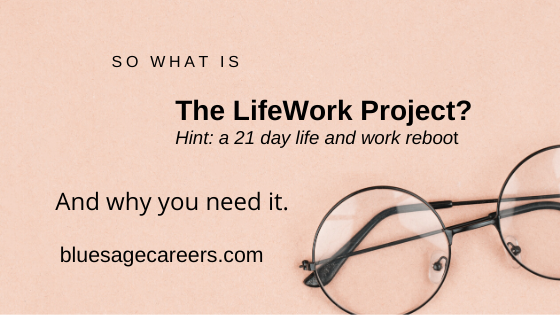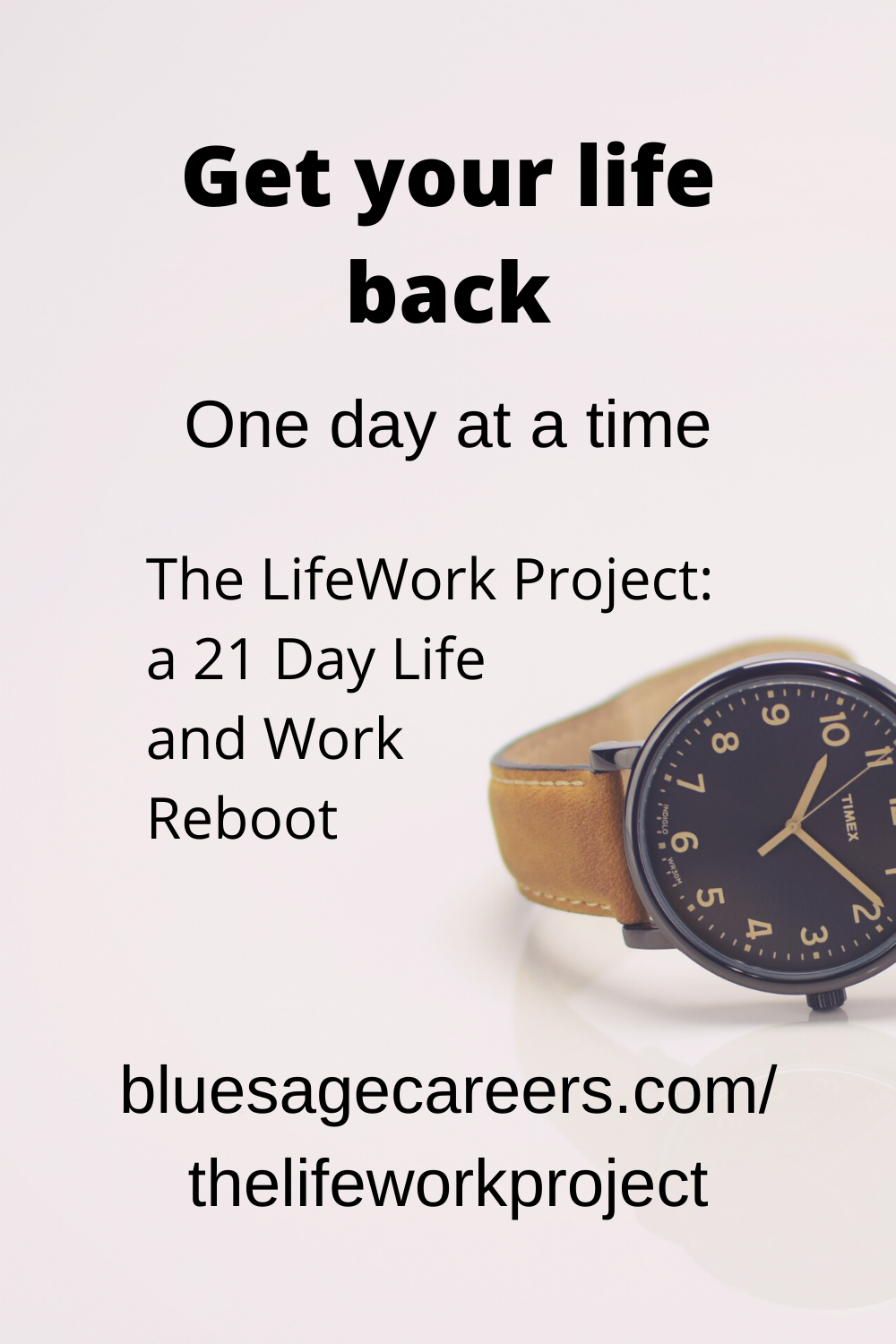3 Steps to Create a Growth Mindset during the Pandemic
/Photo by Kelly Sikkema on Unsplash
I did a quick facebook poll (completely non-scientific but helpful) to ask about job changes due to the fallout of Covid-19. My question was simple: How many people have experienced changes in their job since the Covid 19 shutdowns began? I heard a lot of stories. Some people simply answered “furloughed” on the Facebook thread. Others sent emails or messages with details - and laments.
Change is everywhere
Only one person replied that she had had no changes at work. Everyone else who responded reported massive shifts in their work. Furloughed or laid off was a frequent answer. Others were working from home and struggling with home schooling children at the same time. Private practice counselors and therapists reported coping with the shift to tele-counseling with an average 50% drop in cases. Teachers told me about the incredible learning curve in trying to teach students online - with very little time to prepare. A veterinarian is now offering curbside checkins for pets and only speaks to the pet owners over the phone, creating system wide change in the animal hospital. Everyone in a customer service job reported changes in the way they relate to clients and co-workers.
The responses from health care professionals alone would take a whole post. Those heroes deserve a lot of respect plus more PPE and way more $$$.
It’s a challenge everywhere.
So how do we cope with this massive system wide change? This virus has unveiled long standing problems in the US healthcare system, inequities in education and access to internet and other services, and many other problems beyond the scope of this blog post.
But on the personal level, in our lives and careers, how do we cope?
First, we wallow. By that, I mean that we recognize our grief over what we have lost - our uncomplicated use of shared space, relatively stable jobs, a work-life without worries of potentially fatal contamination, or the ease of picking up a coffee or having dinner with a friend. For many, it’s the loss of a regular paycheck as layoffs continue to happen. For others, it’s the loss of regular child care which further complicates life. So take a few days to wallow - to grieve - and list the things you miss, such as buying groceries without a face mask or waiting in lines.
Second, we take a good look at reality. In The LifeWork Project, clients spend the good part of a week taking a holistic look at their current reality. What is the degree of happiness and satisfaction in each area of your life - career/work, community, family, intimate relationships, health and wellness, spirituality, finances and fun?
This virus has acted as a disruptor - shaking up life as we know it. Disruptors can bring innovation and offer the chance to make long term change.
All this makes it a good time to take a step back and look with sharp, clear eyes at where you are right now. What was working in your “old” life? What was simply not working? What changes would you like to make as we move back into a new normal?
Sit down. Write out the answers to those questions. Make a list. Think about your life as a whole, not just your career, but your family, your time for exercise and relaxation, friends and community, and all those things that make life worth living.
Third, we have to change our mindset. How can we shift our focus to view this time as one of opportunity? Maybe we are more than ready for a complete career change. Maybe we want to work at home full time, not just temporarily. Maybe, we want to continue our education.
As the great “Pause” ends, most experts tell us life won’t return to “normal,” or the way it used to be. After 9/11, another great disruptor, things changed. Now things will change again. How can we take this opportunity to grow, learn, and make our systems, jobs, and lives better?
I’m currently re-reading Mindset: The New Psychology of Success by Carol Dweck. It occurs to me that as we all face new and difficult challenges at work and home, Dweck’s work offers helpful insights for our times.
Our mindset stems from our own set of powerful beliefs. Dweck distinguishes between a fixed mindset and a growth mindset. Having a fixed mindset increases the limitations you have in your life. A growth mindset expands opportunity and creates resilience.
“In a growth mindset, people believe that their most basic abilities can be developed through dedication and hard work—brains and talent are just the starting point. This view creates a love of learning and a resilience that is essential for great accomplishment.” (Dweck, 2015)
A growth mindset views challenges and failures as possibilities for learning and improvement. A growth mindset encourages us to keep trying and to keep learning, knowing that change is possible and things can get better.
The good news is that you can change your mindset - and that’s important. Dweck explains, “The view you adopt for yourself profoundly affects the way you lead your life.”
A growth mindset encourages you to be curious - to ask out of the box questions about how things could be different and to investigate the answers. It is all about learning and taking positive action time and time again. No matter how far you might fall, you continue to get back up to begin playing the game once more. A challenge is your new best friend.
Facing challenge with a growth mindset gives us tenacity and resilience, which will be dearly needed in the days to come.
This pandemic has us all asking the deeper questions. Do I really want to return to the old 9-5 at the office (if that ever existed)? Since I’m furloughed or laid off, do I want to look at transitioning to a new career? What changes do I want to make in my life? What values do I want to live out in my life?
So take it slow and give yourself time. Allow yourself to grieve what you have lost. Assess your present situation - the good, the bad and the ugly. Then be curious. Ask the questions and explore your answers. See where it takes you. You never know where you might end up.
The next session of The LifeWork Project begins June 1, 2020. The LifeWork Project asks the big questions that you need to answer. Find out more here.








































